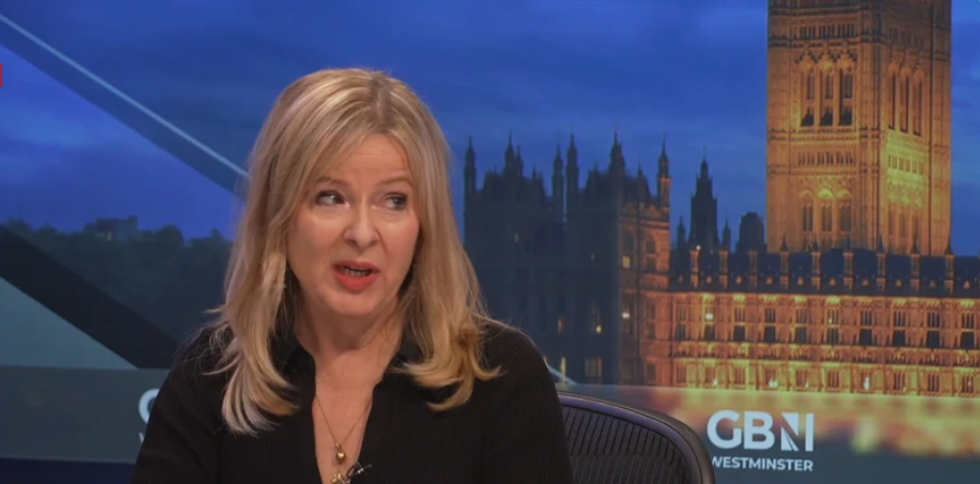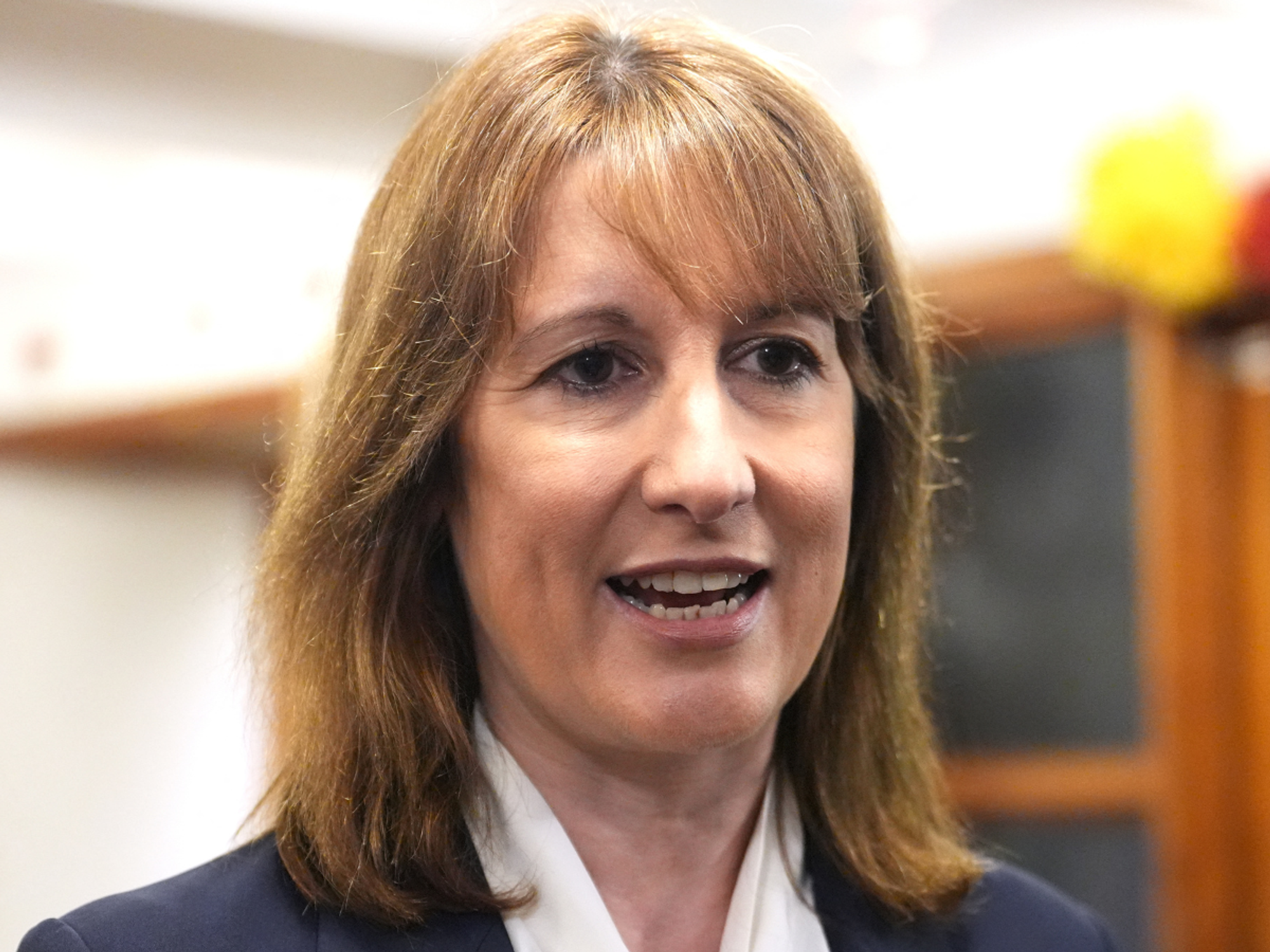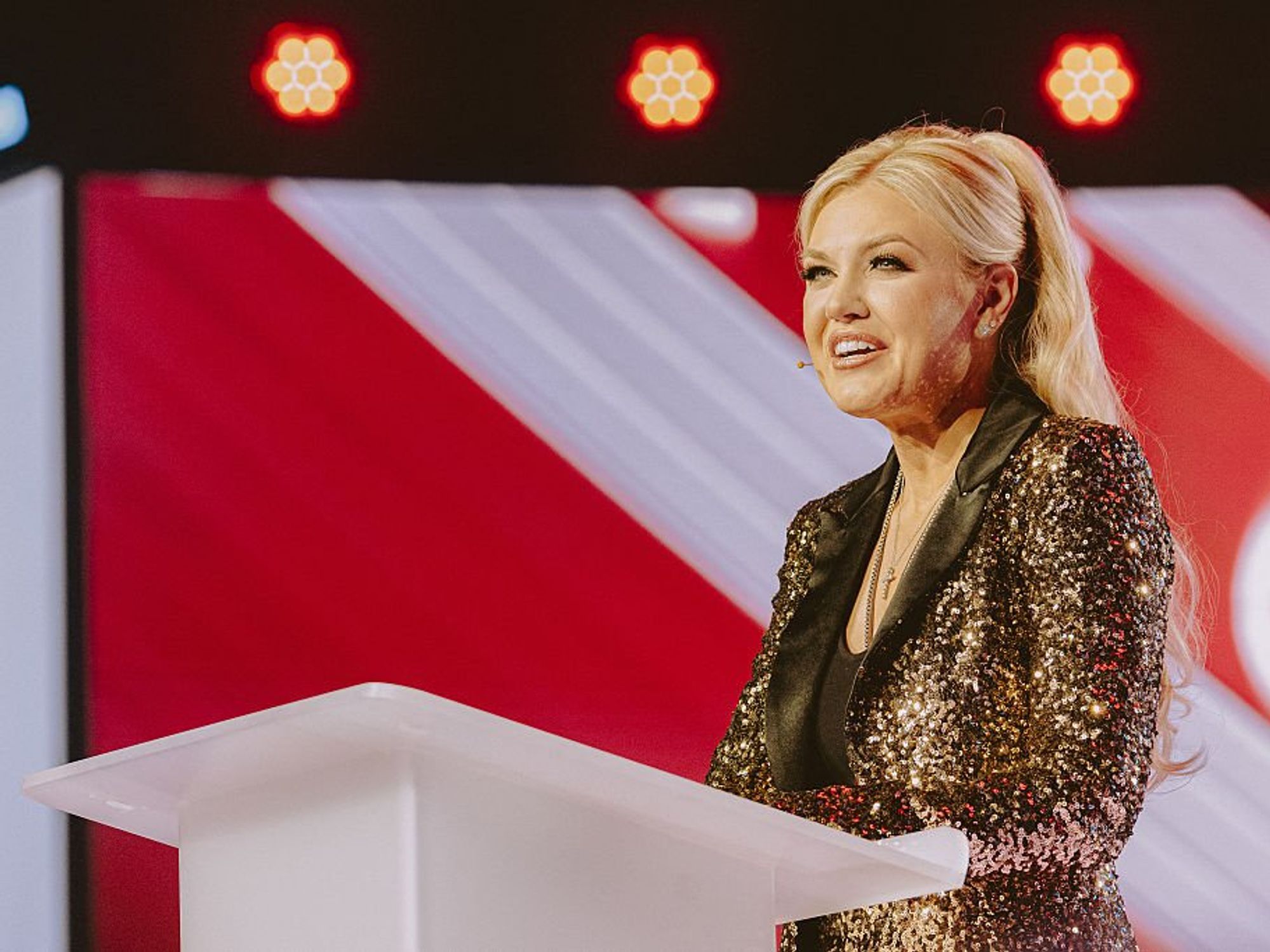The rise of tyranny - how Britain's free speech was mugged by its own state - Fredrick Chedham
Fredrick Chedham is the Reform UK Defence and Security spokesperson
Don't Miss
Most Read
Latest
Ah, Britain. The land of Shakespeare, Churchill, and now, apparently, police officers knocking on your door because someone didn’t like your tweet. Allison Pearson, a respected journalist, recently found herself on the wrong end of this farce, but she’s hardly alone.
Across the country, countless others have endured similar visits from the thought police, who’ve swapped their truncheons for clipboards and a burning desire to silence anyone with the audacity to think differently.
It’s not just individuals feeling the chill; it’s the principle of free speech itself, slowly throttled by a system that prioritizes hurt feelings over fundamental freedoms.
Welcome to anarcho-tyranny, folks—the state’s shiny new model of governance. Here’s how it works: the authorities crack down on law-abiding citizens who dare to voice an unpopular opinion, while letting actual criminals run riot. And don’t let anyone tell you it’s just a few overzealous lefties gone rogue.
This patchwork of gag laws didn’t spring up overnight—it’s been decades in the making, meticulously crafted by successive governments who decided we couldn’t be trusted with our own words. Let’s start with the legislative nightmare fuelling this dystopia.
Section 127 of the Communications Act 2003 is the state’s favourite weapon. It criminalises anything “grossly offensive” sent over a public network. What does “grossly offensive” mean? Who knows? It’s about as clear as London’s skies in January, but that’s the point.
Vague laws are wonderfully versatile for those in power. Then there’s the Public Order Act 1986, specifically Section 4A, which criminalises behaviour meant to cause “harassment, alarm, or distress.” Originally intended to curb brawls outside pubs, it’s now used to police the virtual pub fights of Twitter.
Not to be outdone, the Malicious Communications Act 1988 swoops in to criminalize any message designed to cause “distress or anxiety.” That’s right—anxiety. You could probably arrest half the country on that charge alone.
Together, these laws create a delightful web of overlapping restrictions, ensuring that anyone with a mildly controversial opinion could find themselves facing a fine, or worse.
Only in a world where humour is judged by the state. But that’s where we are—living in a country where telling the wrong joke gets you a criminal record, while actual threats and incitements during Palestinian pro-Hamas terrorist marches are too much hassle for the authorities to bother with.
This is the essence of anarcho-tyranny: a government that’s overbearing when it comes to the compliant and utterly useless when it comes to the defiant. The state will happily send officers to interrogate an elderly woman for quoting the Bible on Facebook but can’t be bothered to keep knife crime in check.
 Allison Pearson was visited by police officers at her home on Remembrance Sunday regarding an investigation into a social media post from November 2023 | GB News
Allison Pearson was visited by police officers at her home on Remembrance Sunday regarding an investigation into a social media post from November 2023 | GB NewsAnd before you say, “Oh, but it’s about managing inter-communal tensions,” let’s be honest—that’s a convenient excuse. This isn’t about fostering harmony; it’s about fostering control. The effect is predictable. People are terrified to speak their minds, which is exactly the point. This isn’t about protecting vulnerable communities or maintaining public order—it’s about creating a society where everyone is too scared to dissent.
Meanwhile, the truly vile—the people who incite violence or dox innocent individuals—often slip through the cracks. The system isn’t just broken; it’s upside down. So, how do we fix it? For starters, we need to toss out these ridiculous laws, starting with Section 127 of the Communications Act and the more absurd applications of the Public Order Act. If we’re serious about protecting free speech, we need a Free Speech Act—one that sets clear boundaries, like the U.S. First Amendment, which only restricts speech that leads to “credible, imminent, unlawful action.” That’s it. No vague offenses. No pandering to the easily offended.
Just the basics. And while we’re at it, let’s deal with actual harm. Malicious behaviour like doxing—where someone’s private information is spread online to incite harassment—should be tackled head-on. Laws targeting this kind of behaviour would do far better than criminalizing bad jokes or awkward Facebook posts. The truth is the rise of restrictive speech laws in Britain isn’t just a mistake; it’s a deliberate strategy.
It’s anarcho-tyranny in action: a system that punishes ordinary citizens for being inconvenient while letting bigger problems fester. If we want to preserve the freedoms that underpin this country—freedoms that generations fought for—we need to fight back against this creeping authoritarianism.
So, next time the thought police come knocking, maybe we should ask them a question: is their job really to protect the public—or just the states and its progressive liberal zealot supporter's fragile ego?











